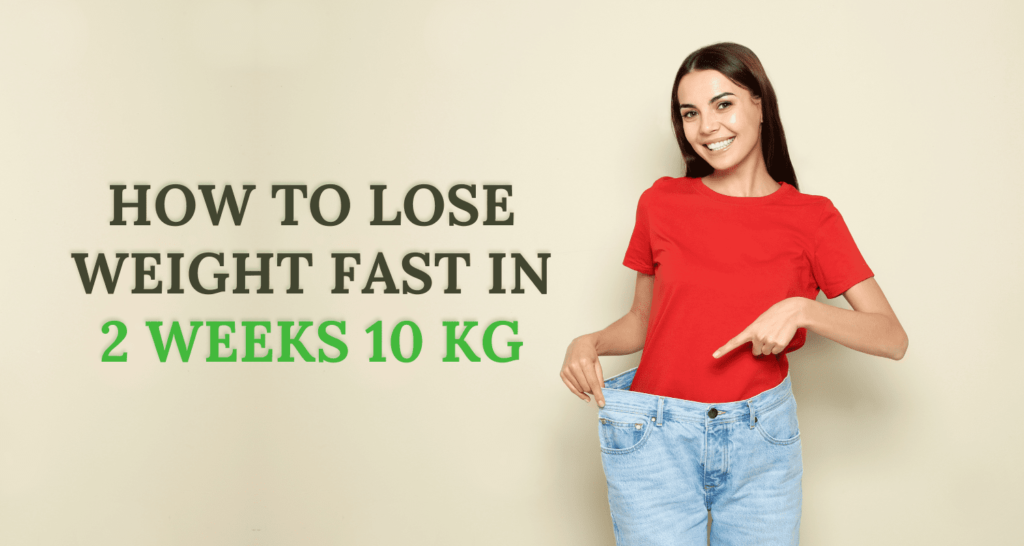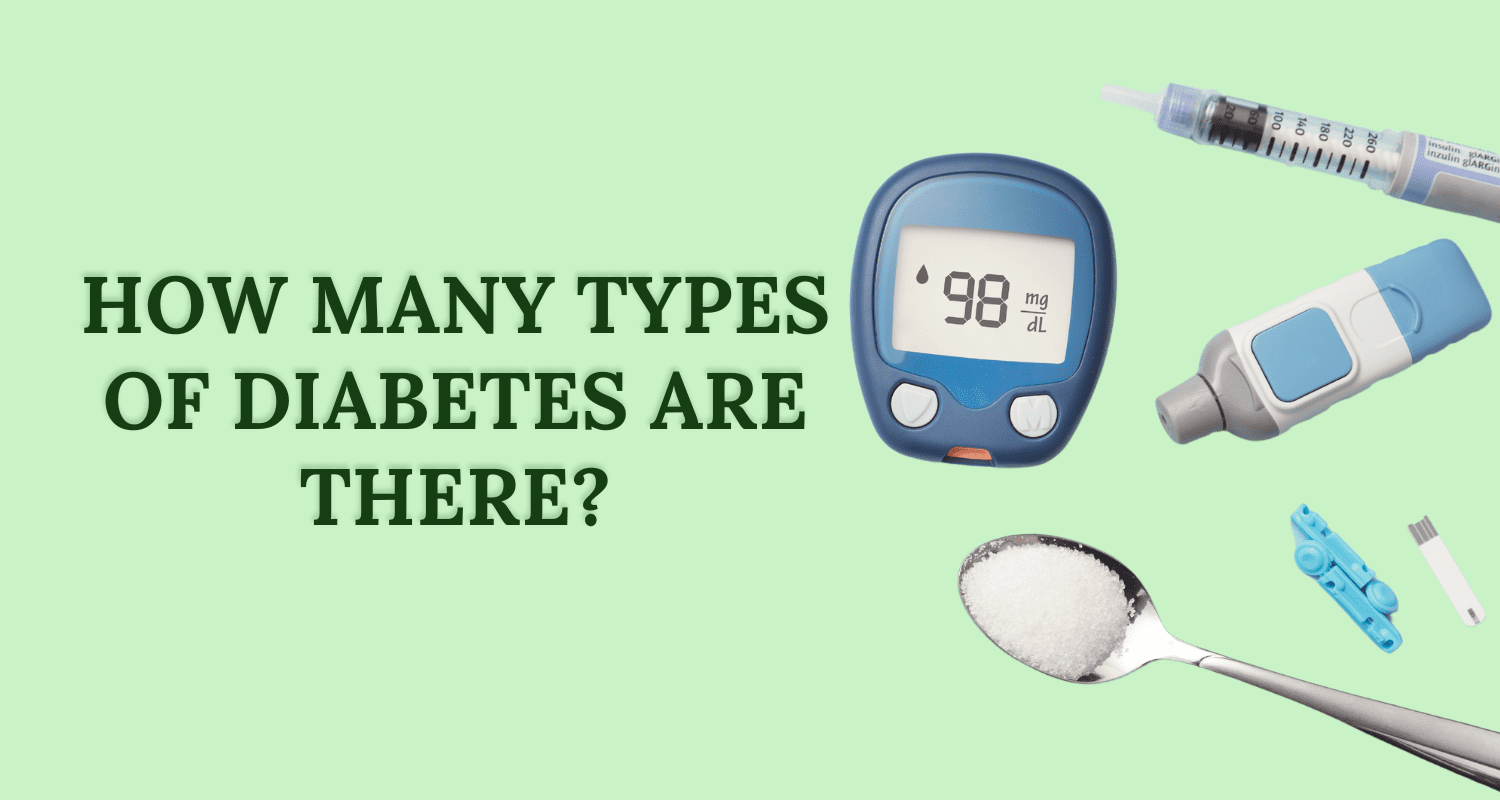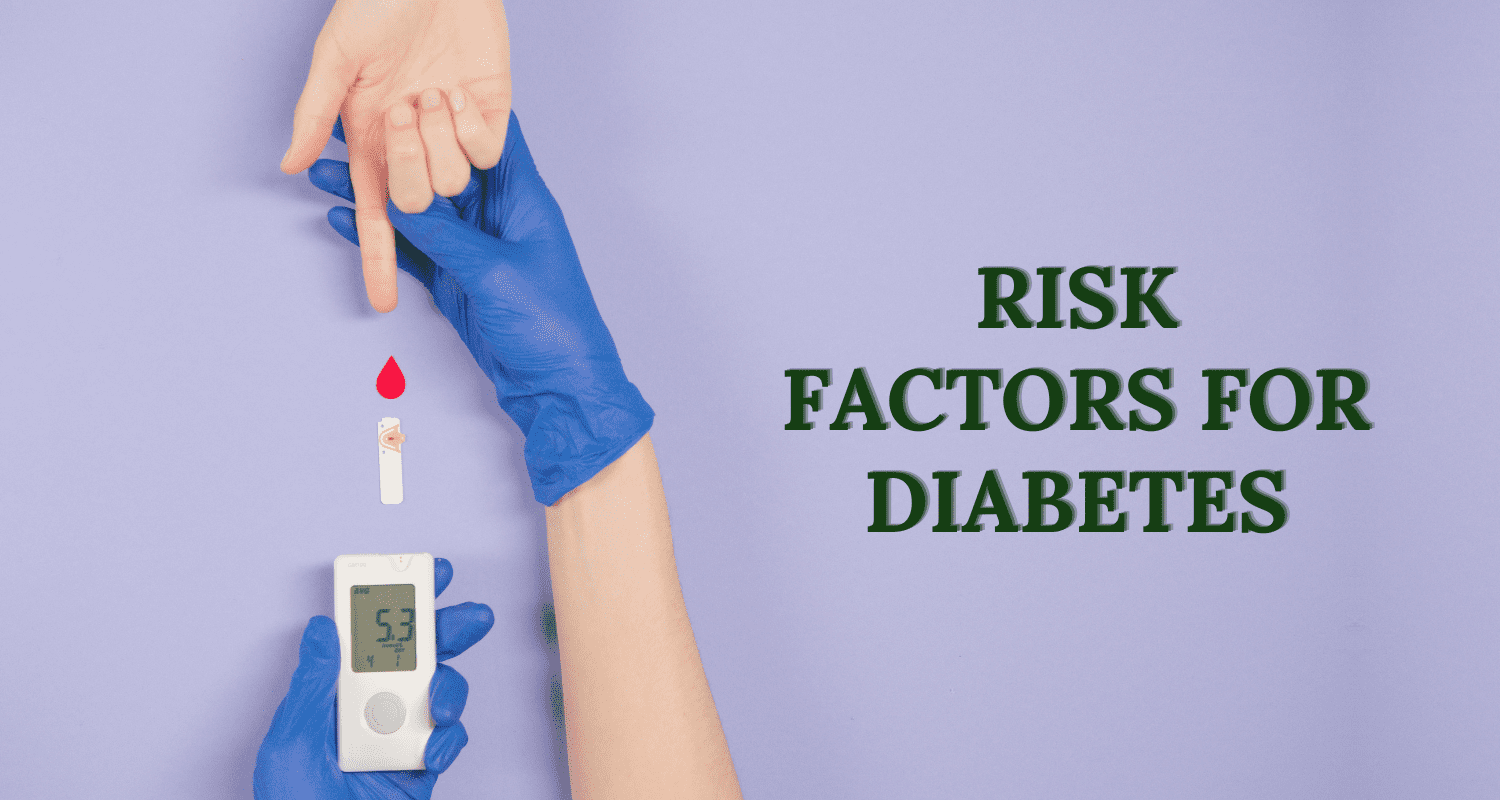Losing 10 kg in just 2 weeks isn’t safe or realistic. You need a calorie deficit to shed weight. To lose 0.5-1 kg each week, aim for a daily calorie deficit of 550-1,100.
If you try to shed 10 kg in 2 weeks, you’d need a deficit of 3,850 calories a day. This is both unrealistic and dangerous. Quick weight loss can harm your health, causing muscle loss, a weaker immune system, and gallstones.
It’s essential to choose a healthy path. Aim for a gradual weight loss of 0.5-1 kg per week.
Let’s delve in-depth: how to lose weight fast in 2 weeks 10 kg? safe or not.
Key Takeaways:
- Losing 10 kg in 2 weeks is neither safe nor realistic
- Achieving a daily calorie deficit of 3,850 calories is unrealistic and potentially harmful
- Rapid weight loss can lead to health risks such as muscle loss, weakened immunity, and gallstones
- It’s important to prioritize a safe and gradual weight loss pace of 0.5-1 kg per week
- Focus on your long-term health and well-being when it comes to weight loss
Is It Safe to Lose Weight Fast in 2 Weeks?
Many people aim to lose weight quickly. But, is it safe in only 2 weeks? Quick weight loss can be risky.
Rapid weight loss can cause problems. It might make us lose muscle, lower our immune system, and lead to gallstones. It can also slow down our metabolism. The body sometimes turns to muscle for energy. This means it uses up our muscle instead of fat. Losing too much muscle can be bad for our strength and health. A slow and steady approach to losing weight is much safer.
Fast weight loss can also be tough on our immune system. It puts a lot of stress on our bodies. This stress can make it harder for our immune system to fight sickness. Also, it might raise the chance of getting gallstones. This is because our body makes more cholesterol quickly. It doesn’t take time to adapt slowly to these changes.
Moreover, losing weight too quickly can slow down our metabolism. This happens when our body thinks it’s starving and tries to save energy. When this happens, it’s harder to keep losing weight. And, we might gain the weight back once we eat normally again.
Prioritizing Safe and Sustainable Weight Loss
Facing all these dangers, it’s crucial to choose safe ways to lose weight. It’s better for our health in the long run. A healthy, balanced approach is best for both weight loss and overall well-being.
- Aim for losing 0.5-1 kg per week. This pace is better for your body and health.
- Crash diets or very low calories aren’t good or lasting. Try a moderate approach with a good diet and exercise.
- A full fitness routine is essential. Mix cardio like walking or swimming, with strength training.
- Stay consistent in healthy eating and exercise. Quick fixes don’t lead to lasting results. Slow, steady changes are the way to go.
To sum up, rapidly shedding pounds in just 2 weeks isn’t safe. It can harm your body and health. Choosing steady and healthy weight loss methods is the way to go. This includes good diet, fitness, and habits. They support lasting weight loss and well-being.
How to Lose Weight Safely and Effectively
For safe and effective weight loss, focus on both health and well-being. Balance your nutrition and exercise routine. This approach helps in losing weight and staying healthy.
1. Focus on a Balanced Diet
A balanced diet with essential nutrients is key for steady weight loss. Eat lots of fresh vegetables, lean proteins, whole grains, and healthy fats. These foods give your body what it needs and keep you full.
2. Create a Calorie Deficit
Weight loss means burning more calories than you eat. This creates a calorie deficit. To lose weight safely, aim for a 500-1000 calorie deficit daily. At this rate, you can lose 0.5-1 kg a week.
3. Incorporate Regular Exercise
Adding exercise is important for losing weight. Mix up walking, jogging, or swimming with strength training. This combo boosts your metabolism and burns more calories.
4. Set Realistic Goals
It is vital to set achievable weight loss goals. Fast weight loss is often not lasting or healthy. Go for losing 0.5-1 kg per week to maintain your success.
5. Stay Hydrated
Drink enough water for weight loss. Water helps with flushing out toxins and controlling hunger. Try to drink 8 glasses of water each day.
6. Practice Portion Control
Managing your portions is important for controlling calories. Pay attention to serving sizes. Using smaller plates and bowls can help you eat less.
7. Get Quality Sleep
Quality sleep is crucial for losing weight. Lack of sleep messes with your hunger hormones. It makes you want to eat more. Aim for 7-9 hours of sleep each night.
8. Seek Support and Accountability
Have support from friends, family, or a weight loss group. They can help you stay on track. Sharing your journey with others is motivating.
9. Practice Mindful Eating
Paying attention to how you eat makes a difference. Eat slowly and enjoy your food. Listen to when your body says it’s full. This can stop you from overeating.
Follow these guidelines for safe and successful weight loss. Maintaining health throughout is crucial.
Warning Signs of Unrealistic Weight Loss Plans
Starting a weight loss journey means you should know what to watch out for. There are signs that a plan might be risky or not work well. Knowing these warning flags can help you avoid bad programs and not get disappointed.
Here’s what to look out for:
- Extreme Calorie Restriction: Plans that cut your calorie intake a lot are not safe. While you might think eating very little is a quick fix, it can harm your body. You’ll miss out on important nutrients and lose muscle.
- Elimination of Entire Food Groups: Stay cautious of diets that tell you to skip whole food groups like carbs or fats. Doing this can mean your body misses out on key nutrients. It also messes with the balance your body needs for good health.
- Promises of Rapid Results: Avoid plans that say you’ll lose weight super fast. Wanting quick changes is natural, but real, lasting weight loss needs a steady, healthy approach. Plans that sound too good to be true are often just that—unrealistic and unsafe.
- Lack of Physical Activity: Watch out for plans that don’t include exercise. Working out is vital for losing weight by burning calories and building muscle. It also helps improve your overall health. Any good weight loss plan needs regular exercise.
- Overemphasis on Supplements or “Miracle” Products: Be careful if a diet relies too much on special supplements or products. Some might help a bit, but trusting them too much can be risky. It’s better to focus on healthy eating and exercise.
Real, effective weight loss plans are all about balance and doing what’s good for you in the long run. Beware of quick fixes or extremes. By knowing the right signs and choosing wisely, you can start a journey that’s both safe and fulfilling.
How to Incorporate Exercise for Weight Loss
Exercise is key to weight loss. It burns calories, increases muscle, and lifts your metabolism. For the best results, mix cardio and strength training in your plan.
Cardio boosts your heart rate and burns calories. Walking, running, swimming, and cycling are good choices. Try for 150 minutes of moderate activity or 75 minutes of intense activity weekly.
Strength training builds muscle and speeds up your metabolism. Add weightlifting or bodyweight exercises. They challenge your body and help with lose fat.
Here are some effective workouts for weight loss:
- Interval Training: HIIT maximizes calorie burn and boosts heart health. It involves intense exercise followed by short rests, keeping your body working hard.
- Circuit Training: This training keeps your heart rate up by switching quickly between exercises. It aids in burning calories.
- Group Classes: These classes, like Zumba or aerobics, mix cardio and strength training. They’re fun and keep you motivated.
If you’re new to working out, start slow and increase as you get comfortable. This prevents injuries and lets your body adjust. Keep exercise fun and new by trying different activities or going outside. It will keep you interested and motivated.
How to Create a Healthy Diet Plan for Weight Loss
A good diet is key to losing weight and staying healthy. It needs to give your body what it needs while helping you shed extra pounds. With the right foods and habits, you can reach your weight goals.
Eat a Variety of Nutrient-Dense Foods
For weight loss, eat a mix of foods that have lots of nutrients. Have lean proteins such as chicken, fish, tofu, and beans to stay full and help your muscles. Don’t forget a variety of colorful fruits and vegetables for vitamins, minerals, and fiber. Foods like brown rice, quinoa, and oats keep you satisfied. And remember, good fats from nuts, seeds, and avocados are vital for your health.
Practice Portion Control and Mindful Eating
Controlling how much you eat is important for shedding pounds. Be mindful of how big your portions are to prevent eating too much. When you eat, make sure half your plate is veggies, a quarter is protein, and the rest is grains. Eating slowly, enjoying every bite, and paying attention to how hungry or full you are can stop you from eating without thinking.
High Fiber and Protein Intake
Eating more fiber and protein helps with weight loss. Fiber in whole grains, legumes, fruits, and veggies fills you up. High-protein foods keep you full, help your muscles, and repair your body. Aim to eat lean meats, fish, eggs, dairy, beans, and plant proteins.
Reduce Added Sugars and Ultra-Processed Foods
To eat healthy, cut back on added sugars and processed foods. These can make it easy to gain weight and don’t have many nutrients. Choose foods that are found in nature as much as you can. Avoid sugary drinks, treats, snacks, and ready-made meals.
Hydration and Personalization
Drinking enough water is essential for losing weight and staying healthy. Water helps with digestion, boosts metabolism, and controls hunger. Also, customize your diet to what you like and need. This makes your weight loss plan work in the long run and helps you keep the weight off.
Can You Lose Weight Fast Without Exercise?
Many wonder if losing weight without exercise is possible. It is possible, but there are things to consider. Relying only on diet means you could miss out on benefits from exercise.
Losing weight without exercise means eating less than your body needs. This creates a calorie deficit, leading to weight loss.
However, only dieting could cause you to lose muscle. It may also slow down your metabolism. Exercise helps keep your muscles strong, boosts your metabolism, and makes you feel better.
Benefits of Exercise for Weight Loss
Exercise offers several advantages in weight loss. It helps maintain muscle, speeds up your metabolism, and improves your mood.
- Physical activity keeps your muscles strong, vital for your metabolism.
- It increases your metabolism, burning more calories naturally.
- Endorphins from exercise make you feel good, reducing stress and improving sleep.
While diet is crucial for weight loss, exercise is key for success. Finding the right mix of diet and physical activity is vital. It should fit your lifestyle and goals.
Balancing Diet and Exercise
To lose weight effectively, you need both diet and exercise.
Here is how to combine them:
- Eat less than you burn, but still ensure you get all the nutrients you need from food.
- Pick foods that are packed with nutrients and low in calories.
- Exercise regularly, mixing cardio and strength training.
- Stick to your plan for the long run. Consistency is crucial.
Weight loss is a journey that’s more than just dieting or exercising. It’s about maintaining balance. Combining good eating habits with physical activity not only helps you lose weight but also improves your health.
The Role of Nutrient-Dense Foods in Weight Loss
For lasting weight loss, it’s essential to eat foods rich in nutrients. These foods give you what your body needs and keep you full. They also help you eat fewer calories. Adding various nutrient-rich foods to your diet supports your goals and keeps your body healthy.
1. Lean Proteins
- Chicken breast
- Turkey
- Fish (such as salmon or tuna)
- Eggs
- Greek yogurt
2. Leafy Greens
- Spinach
- Kale
- Swiss chard
- Arugula
- Romaine lettuce
3. Whole Grains
- Quinoa
- Brown rice
- Whole wheat bread
- Oats
- Barley
4. Legumes
- Beans (such as black beans, chickpeas, and lentils)
- Peas
- Edamame
- Lentils
- Soybeans
5. Fruits
- Berries (such as strawberries, blueberries, and raspberries)
- Apples
- Oranges
- Grapefruit
- Pears
6. Healthy Fats
- Avocado
- Nuts (such as almonds, walnuts, and cashews)
- Seeds (such as chia seeds, flaxseeds, and sunflower seeds)
- Olive oil
- Coconut oil
Eating these nutrient-dense foods helps provide your body with key vitamins, minerals, and antioxidants. They keep you full and lower calorie intake. Remember to eat a varied and balanced diet. This approach is vital for keeping off weight in the long run and staying healthy.
Common Myths About Rapid Weight Loss
Myths about losing weight quickly are common. They can lead people to look for quick but risky solutions. Let’s look at some of these myths and uncover the truth about healthy, lasting weight loss.
Myth 1: Extreme Calorie Restriction is the Key
Many believe cutting calories a lot is the secret to rapid weight loss. However, drastically reducing calories can harm your health. It’s crucial to approach a calorie deficit wisely, focusing on balance and long-term sustainability.
Myth 2: Detox Diets Lead to Lasting Weight Loss
Detox diets promise fast weight loss by ridding the body of toxins. Yet, there’s no proof detoxing helps you keep off the weight. These diets are often low in nutrition and not something you can do long term.
Myth 3: Spot Reduction Targets Problem Areas
Some think targeting certain body parts can burn fat from those places. But, losing fat in one spot isn’t possible by focusing on it. The key to slimming down a specific area is overall weight loss.
Myth 4: Diet Pills Provide a Quick Fix
Weight loss pills and supplements seem like easy solutions. They promise to shed pounds fast but come with risks. Remember, there’s no substitute for a healthy lifestyle into which a nutritious diet and exercise fit smoothly.
Myth 5: Skipping Meals Helps with Weight Loss
Many believe missing meals is a fast weight loss trick. But, it leads to overeating and harms your metabolism. Instead, eat balanced meals and snacks regularly to maintain your energy and health.
Learning about these common myths is crucial to dodge dangerous weight loss methods. Truly lasting weight loss is about transforming your lifestyle. This means focusing on being active, eating well, and valuing your health above all.
Potential Drawbacks of Rapid Weight Loss
Rapid weight loss methods might seem like a quick fix. But, they can have several downsides. It’s important to know these risks to make the best choices for your health.
Muscle Loss
Trying to lose weight fast can mean losing a lot of muscle. The body uses muscle for energy when it doesn’t get enough calories. So, it’s not just fat that goes away. Losing muscle can make you weaker and less healthy.
Nutrient Deficiencies
Eating very few calories can also mean missing out on key nutrients. Your body needs vitamins and minerals to work right. Not getting enough can make you tired, weak, and sick.
Metabolic Slowdown
Dropping calories too low can slow down your body’s metabolism. This means burning fewer calories, even when you’re trying to diet. After the extreme diet ends, it’s easier to gain weight back.
Gallstones
Quick weight loss can up your odds of getting gallstones, especially for those at risk. Gallstones are hard particles that can form in the gallbladder from too much cholesterol or bile salts. They can cause a lot of pain and might need surgery to fix.
Electrolyte Imbalance
Eating too little or dropping pounds too fast can mess with your body’s electrolytes. This upsets the balance of important minerals like sodium and potassium. You might feel dizzy, have muscle spasms, or even have heart problems.
Yo-Yo Effect
The yo-yo effect is common with rapid weight loss. It’s when you lose weight fast and then gain it back. It’s hard on your body and your mind. Finding a long-term, healthy diet plan is key.
Hormonal Changes
Fast weight loss can throw hormones out of whack. This can affect your metabolism, mood, and how hungry or full you feel. Keeping your hormones in a balanced state is important for overall health.
Approaching weight loss with care is crucial. Aim for safe, steady methods that support your well-being over time. Being healthy is more than just a number on the scale.
Conclusion
How to lose weight fast in 2 weeks 10 kg? Losing a big amount of weight, like 10 kg, in just 2 weeks isn’t safe or realistic. To lose weight safely, balance is key. This means eating right, moving often, and aiming for a calorie deficit.
It’s important to focus on health and well-being over quick results. Choose foods like lean proteins, fruits, veggies, and healthy fats to get the right nutrients. This helps you feel full and cuts down on calories.
Exercise is also vital for losing weight. Mixing in cardio, such as walking, with strength moves, like lifting weights, boosts your weight loss. Plus, it’s great for improving fitness overall.
Remember, in how to lose weight fast in 2 weeks 10 kg, losing weight safely takes time and smart choices you can keep up with. Stick to a plan that balances eating well, moving more, and keeping an eye on your calorie intake. This way, you’ll reach your goals and stay healthy.
FAQs
How to lose weight fast in 2 weeks 10 kg?
Losing 10 kg in 2 weeks is extremely challenging and potentially unhealthy. Focus on a strict diet, and intense exercise, and consult a healthcare professional.
Can I lose 10 kg in 2 weeks?
Losing 10 kg in 2 weeks is not generally recommended and can be unsafe. Aim for gradual weight loss through healthy eating and regular exercise.
What is the quickest way to lose 10kg?
The quickest way involves a combination of calorie restriction, high-intensity interval training, and staying hydrated, but always prioritize health and consult a doctor.
How to lose 7kg in 2 weeks?
To lose 7 kg in 2 weeks, maintain a calorie deficit through a balanced diet and engage in daily intense physical activity. Medical supervision is advised.
Can you lose 5kg in 2 weeks?
Yes, losing 5 kg in 2 weeks is achievable with a strict diet and regular exercise. Ensure the approach is healthy and sustainable.
Is it possible to lose 5kg in a week?
Losing 5 kg in a week is extremely difficult and not advisable. Such rapid weight loss can be harmful to your health.
Can I lose 10 kg in 15 days?
Losing 10 kg in 15 days is highly ambitious and potentially unsafe. Focus on a healthy, gradual weight loss plan instead.
Disclaimer: This content, including advice, provides generic information only. It is not a substitute for a qualified medical opinion. Always consult a specialist or your doctor for more information. Nutrition Cult does not claim responsibility for this information.




